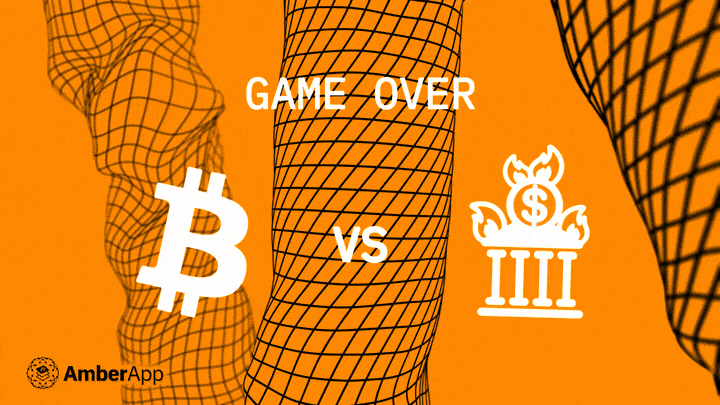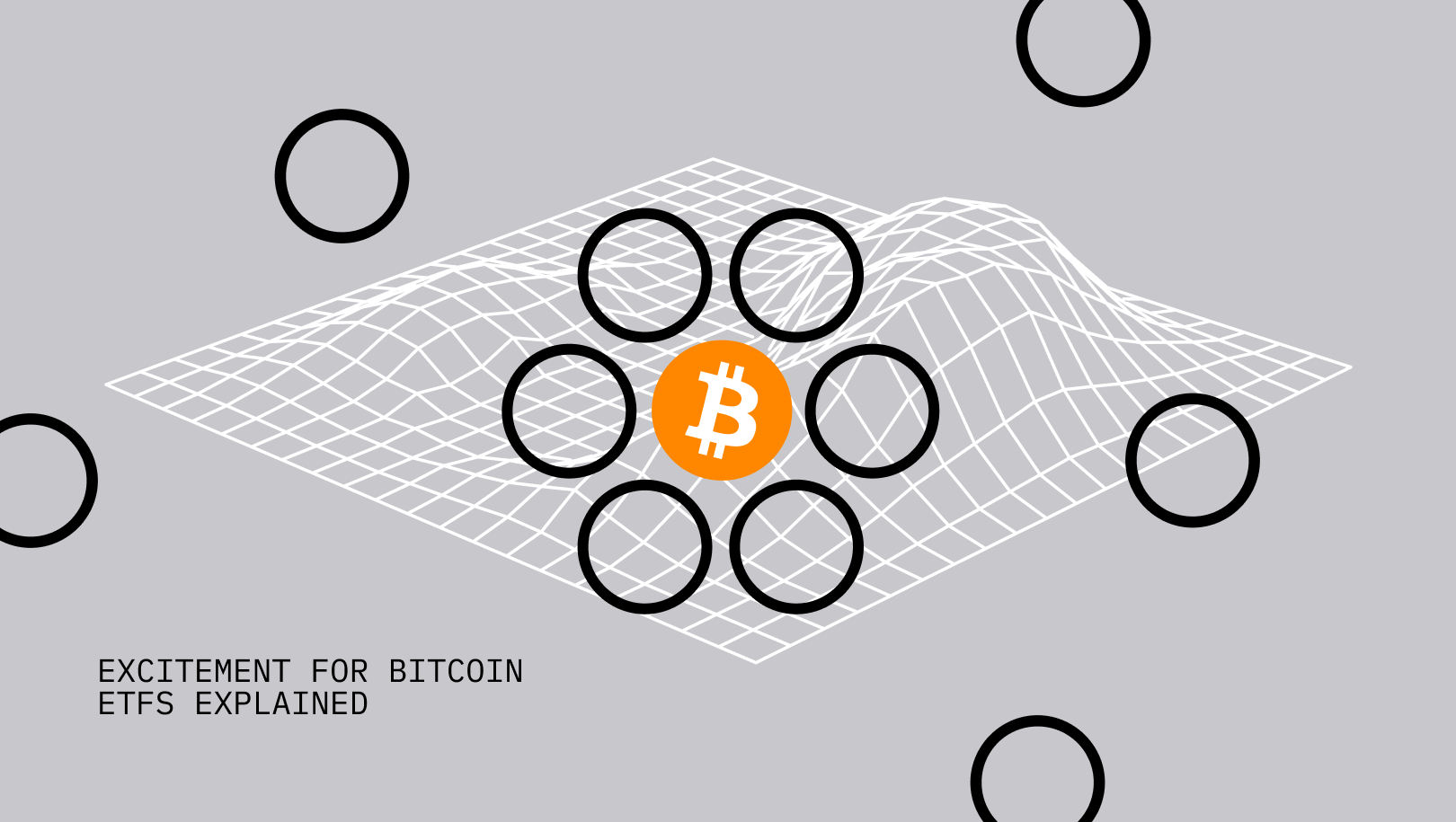In today’s rapidly evolving financial landscape, Bitcoin emerges as a beacon of enhanced security and efficiency in storing and transferring funds. This digital currency, operating on a decentralised network, offers multifaceted advantages over conventional monetary systems. Let’s delve into how Bitcoin revolutionises financial transactions while comparing it to traditional forms of money.
Bitcoin’s Pillars of Strength
1. Unwavering Security
Bitcoin transactions are fortified by an intricate network of computers, with each transaction meticulously recorded on an immutable public ledger known as the timechain (or blockchain). This tamper-proof ledger is the linchpin of Bitcoin’s security, rendering counterfeiting and double-spending virtually impossible. Unlike traditional currencies susceptible to manipulation, Bitcoin’s transparent and trustless system ensures the utmost security for users.
2. Expedient Transactions and Cost Efficiency
In the realm of financial transactions, speed and cost-efficiency are paramount. Bitcoin shines in this regard, with its transactions processed notably faster than conventional bank transfers. Moreover, the associated fees are substantially lower, making Bitcoin an attractive option for businesses engaged in international money transfers. The agility and cost-effectiveness of Bitcoin transactions offer a competitive edge in today’s fast-paced global economy.
3. Inclusivity and Accessibility
Bitcoin’s borderless nature breaks down financial barriers. Unlike traditional banking systems, which often impose geographical limitations and financial prerequisites, Bitcoin welcomes users from all corners of the globe, regardless of their location or financial status. This inclusivity empowers individuals living in regions with unstable economies or authoritarian governments, granting them a lifeline to financial autonomy.
4. Radical Transparency
Transparency is the bedrock of trust in financial transactions. Bitcoin’s ledger, the blockchain, is a public and transparent repository of all transactions. This level of openness enables the tracking of Bitcoin transactions, facilitating accountability and traceability. This aspect proves invaluable for businesses needing financial oversight and governments monitoring economic activity.
Fast as Lightning
Why Gold’s Luster as a Bearer Asset Faded
For centuries, gold reigned as the ultimate bearer asset, a tangible store of value easily transferable from one party to another. However, recent times have seen the diminishing allure of gold as a bearer asset, largely due to inherent limitations:
1. Costly Storage and Transport
Gold’s physical nature, characterised by its substantial weight and volume, presents challenges in secure storage and transport. Finding secure storage for substantial quantities of gold can be daunting, and international shipping costs can be exorbitant. These factors have eroded gold’s practicality as a bearer asset.
2. Limited Divisibility and Volatility
Gold typically trades in large bars or coins, making it impractical for small-scale transactions. Furthermore, gold’s value is prone to wild fluctuations, introducing substantial risk into investments. These factors render gold a less flexible and more precarious asset.
The Transition from Gold to Fiat Currency
The shortcomings of gold gave rise to fiat currencies, which derive their value from the trust and creditworthiness of the issuing government, rather than a physical commodity like gold. Fiat currencies offer advantages such as enhanced divisibility and greater price stability, making them more suitable for everyday transactions.
However, fiat currencies also bear their own set of challenges:
1. Susceptibility to Inflation
Governments can readily inflate fiat currencies by increasing the money supply, leading to decreased currency value and potential economic instability. Inflationary pressures can drive up prices and erode purchasing power.
2. Government Control
Fiat currencies are subject to government control, which can lead to manipulation and political influencing of the economy. This centralised authority can limit financial freedom and impede economic stability.
Bitcoin: The Solution to Financial Challenges
Enter Bitcoin, a groundbreaking digital currency that deftly addresses the limitations of traditional financial systems:
1. Inflation Resistance
Bitcoin’s supply is capped, with a predetermined limit of 21 million coins issued, preventing inflationary pressures. This inherent scarcity makes it a hedge against the eroding effects of inflation, safeguarding wealth.
2. Decentralization
Unlike fiat currencies, Bitcoin operates in a decentralized manner, free from government control. This decentralization ensures financial autonomy, removing reliance on centralised entities.
Conclusion
Bitcoin stands as a beacon of financial innovation. Its unmatched security, efficiency, accessibility, and transparency make it a compelling alternative to traditional forms of money. As Bitcoin’s prominence continues to grow, it is poised to have a transformative impact on both local and global economies. With the potential to replace fiat currencies as the world’s reserve currency and serve as a prominent investment asset, Bitcoin is at the forefront of redefining how we perceive and utilise money in the modern era.
– –
Learn More
Do you want to learn more about Bitcoin and why money matters? Click this link to keep reading. Download the AmberApp and start stacking sats in minutes.







